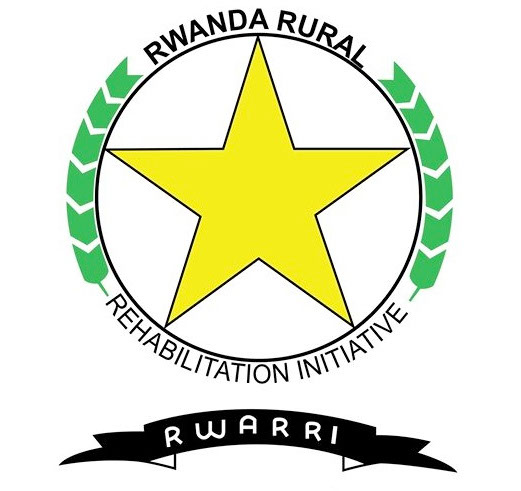Hitiyaremye Theophile, a more than 10-year experienced vegetable farmer in Jarama Sector, Ngoma district, adopted climate-smart agriculture practices early to increase sustainably agricultural productivity and income, adapt and build resilience to unpredictable climate, and reduce greenhouse gas emissions to meet food security.
Consequently, Hitiyaremye invested in climate-smart agriculture practices by establishing radical terraces on his land to prevent losses of arable land while regenerating degraded lands and by promoting maintenance of a permanent soil structure and minimum soil disturbance to increase water and nutrient use efficiency to improve and sustain vegetable production. “Cultivated vegetables include tomatoes, onions, cabbages, green peppers, and cucumbers are intercropped with fruit and agroforestry trees like papayas and Calliandra Callothyrsus, respectively,” he mentioned.
One of the problems that Hitiyaremye faced was climate change, which was reflected in the unusual drought season that hit his region yearly. Today, Hitiyaremye acknowledges experiencing new life since installing the solar-powered irrigation facility in Jarama Sector.
Thus, Hitiyaremye is taking advantage of the Jarama solar-powered irrigation and the claystone reservoir established typically for TUZAMURANE Cooperative under the Gender Climate Change and Agriculture Support Programme (GCCASP) initiated by AUDA-NEPAD through the Ministry of Gender and Family Promotion (MIGEPROF), the RWEE, WFP-funded project that RWARRI implements interventions in Sake, Jarama, and Murama sectors of Ngoma District where four women dominated cooperative assisted.



